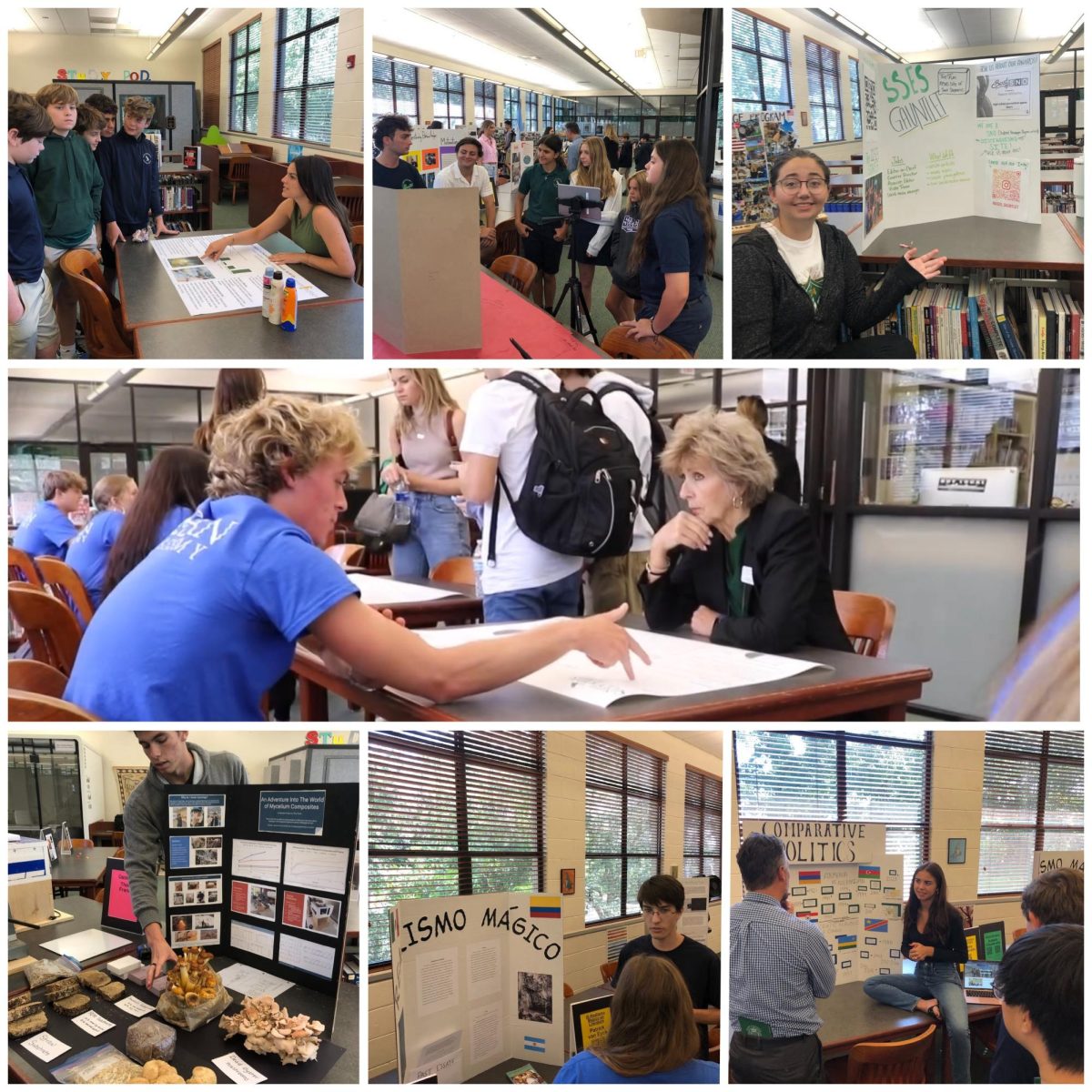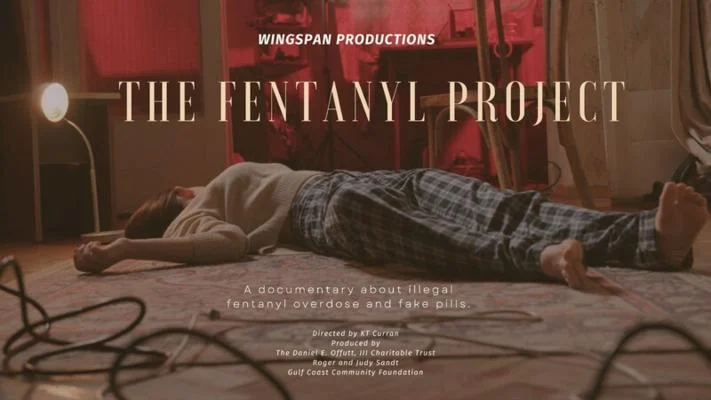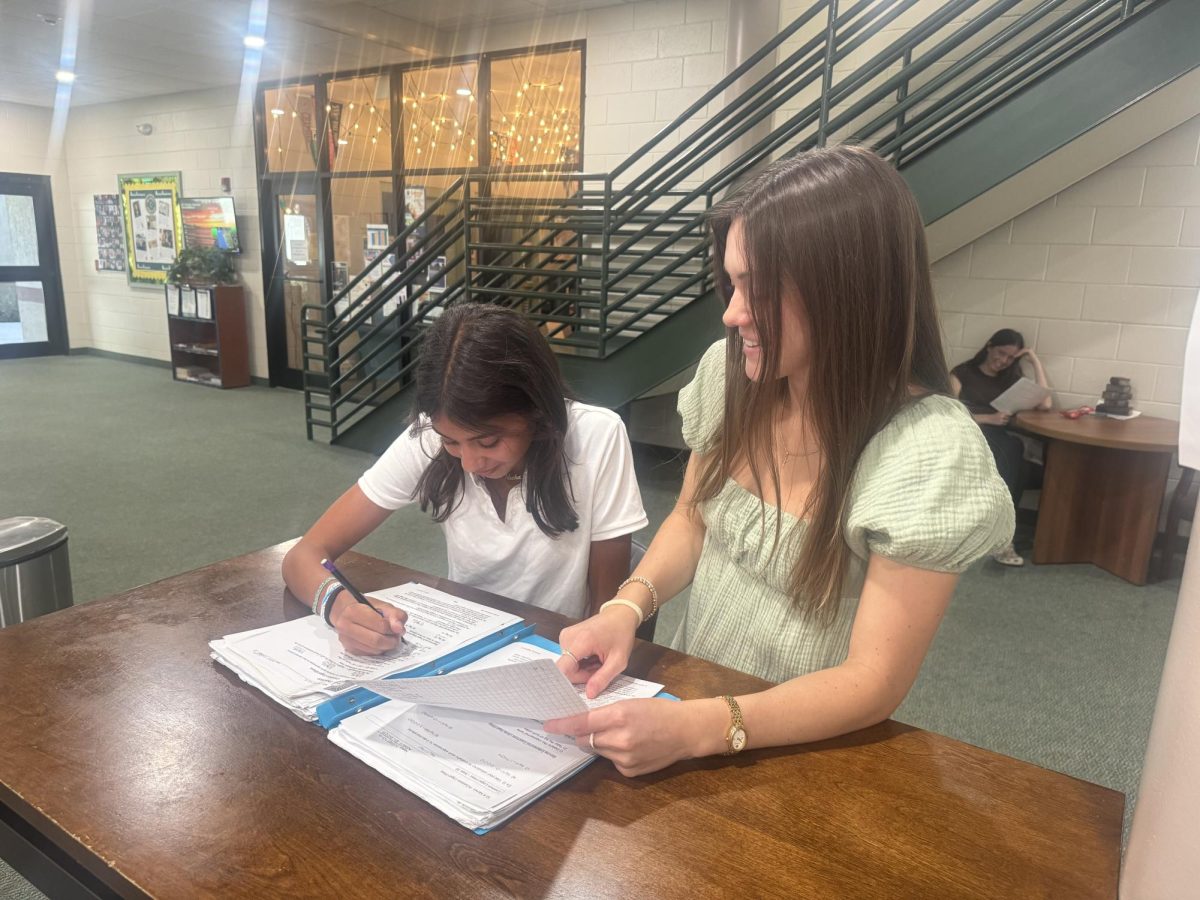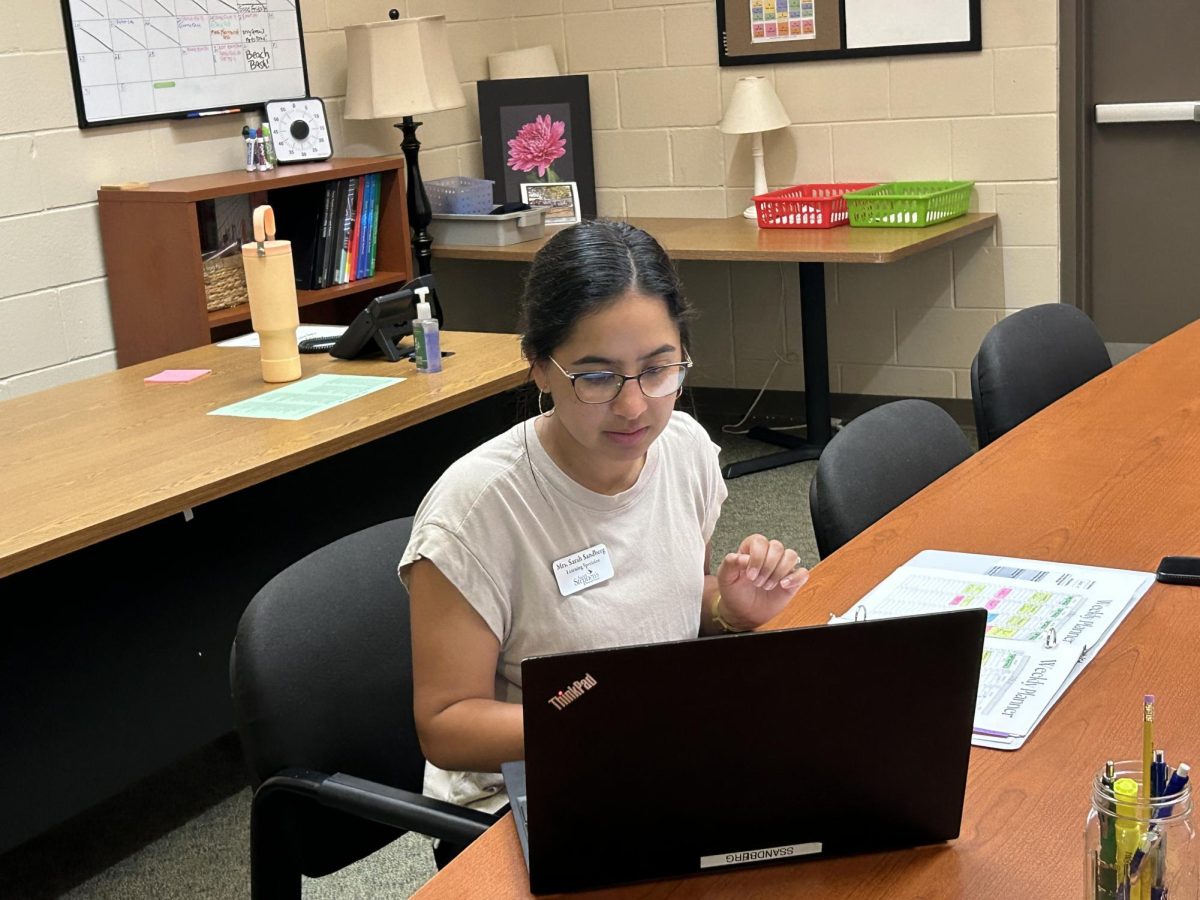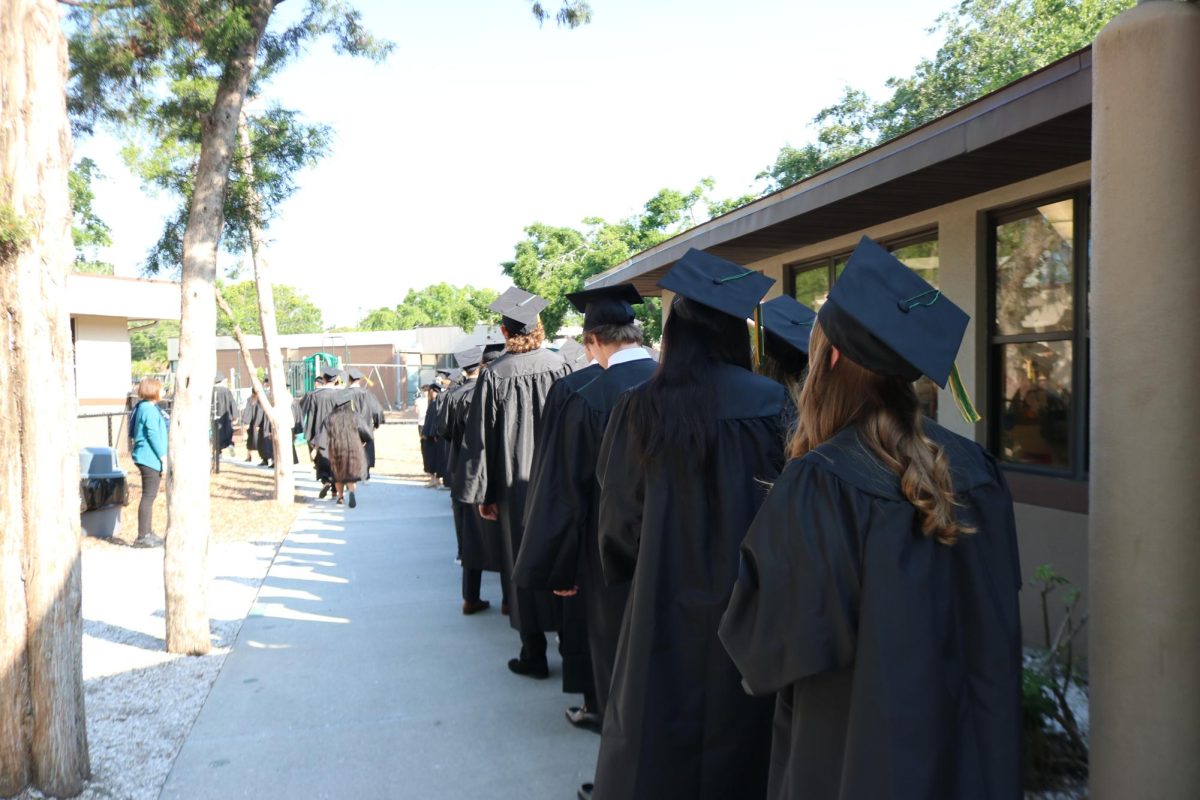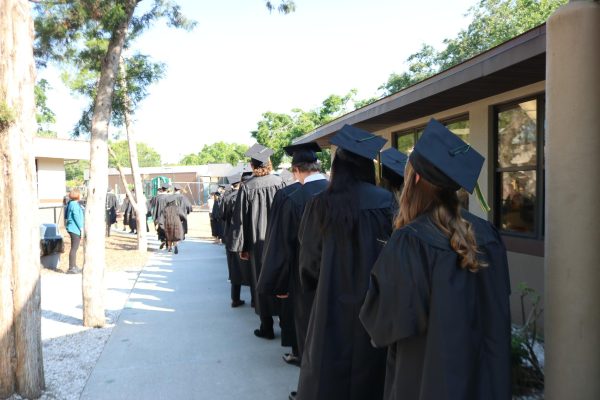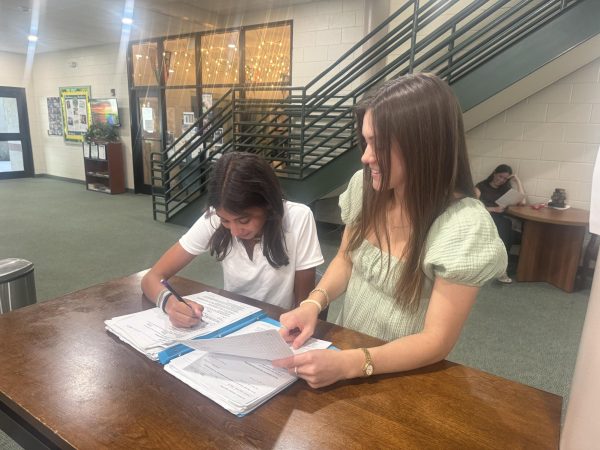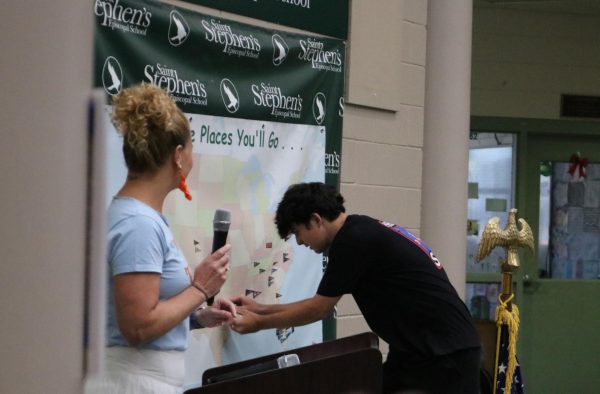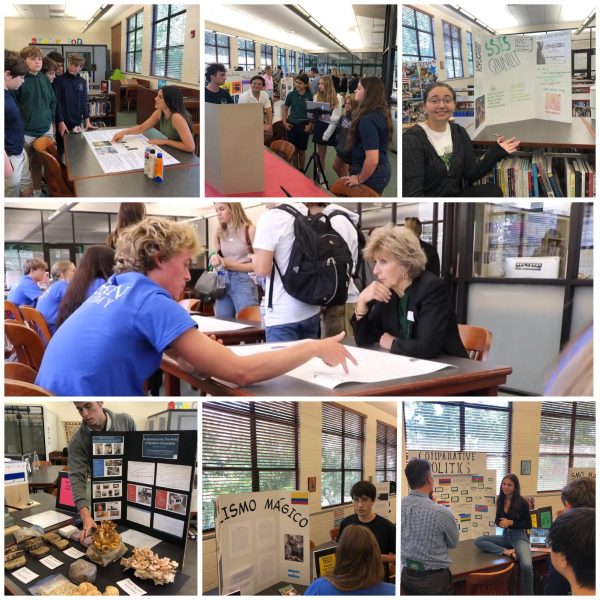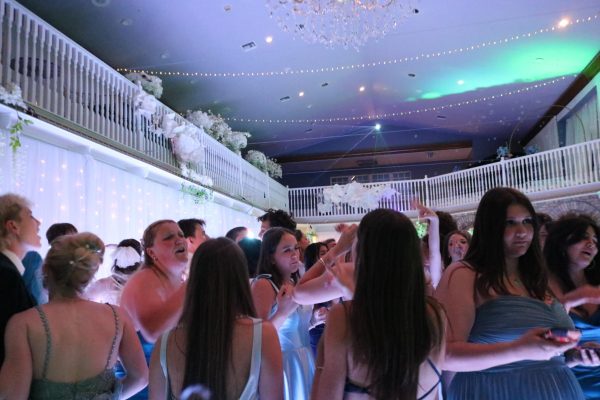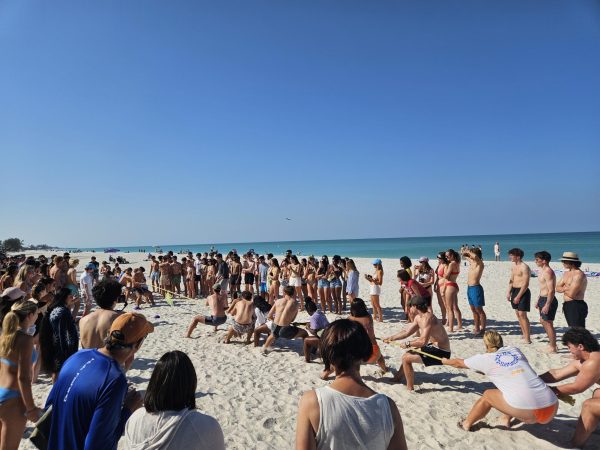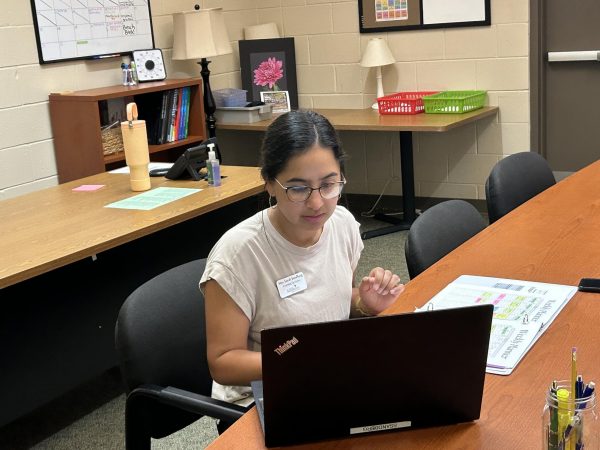The ghosts of the Falcon Playhouse
What it’s like to work backstage at a Saint Stephen’s theater production, from the eyes of someone who’s done it for years.
March 5, 2019
They say that actors make or break a show. That amazing acting can make a bad script seem great. Everyone always focuses on the actors and the cast, the people in the spotlight.
But the few of us that aren’t seen- the few of us clad completely in black making magic happen- play a huge part in that product, and we don’t get much recognition, if any.
This year’s production of The Addams Family Musical will be my seventh and final show at Saint Stephen’s, where I work behind the scenes. This will be my sixth show as stage manager.
I’ve spent countless hours painting walls, creating set pieces and props, moving benches, boxes, platforms, and racks of costumes over the years, and sometimes, during the rare moment when the crew gets the chance to catch our breath when the lights are up and everyone but us is on stage, I look around the band room, costumes thrown everywhere, and I really get the chance to realize just how little praise we truly get.
I was sitting on the floor of the theater room, staring blankly at the half-painted wall, and just thinking about all shows I’d worked through: climbing over nine stools in pitch black during High School Musical, the very first show I ever worked; moving Pride Rock out the back doors of the theater room, only to nearly drop it and face-plant right into it for The Lion King; just last week I made a unicorn horn as a prop out of air-dry clay, only to have it shatter into pieces a few days later.
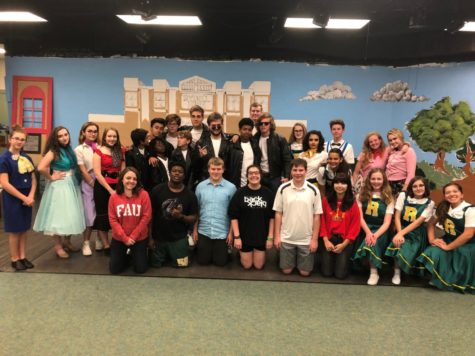
I can’t even count the number of times I’ve left school at the end of the day, covered in paint that I’d spend hours scrubbing off. During almost every black-out of every single show, I move set pieces on and off the stage with nearly no light at all, working like a machine with two or three other people, and despite how much we’ll bump into each other, after a point it doesn’t even matter to us any more,;we just keep going, and any accidental injuries don’t phase us anymore.
We’re like assistant coaches, each of us specializing in different areas. At the start of every game, the announcers acknowledge the team’s head coach, but the defensive coach, or the coach that focuses on offensive plays, doesn’t get the credit.
As a team, though, that’s who we are. The director is the head coach, but we’re there every single step of the way. We regularly learn the choreography for each number so we can teach it to the cast before and after rehearsal, and we’ll do it in the wings during the show. We learn the entire script, memorizing lines that aren’t ours, all so can we run lines with the leads on a regular basis.
Don’t get me wrong, the cast is important, but so is the crew. Sometimes, you have to remember that what happens behind the scenes is just as important as the final product. So when you see a crew member, tell them that you didn’t see them during the show, it’s the biggest compliment they can get.


